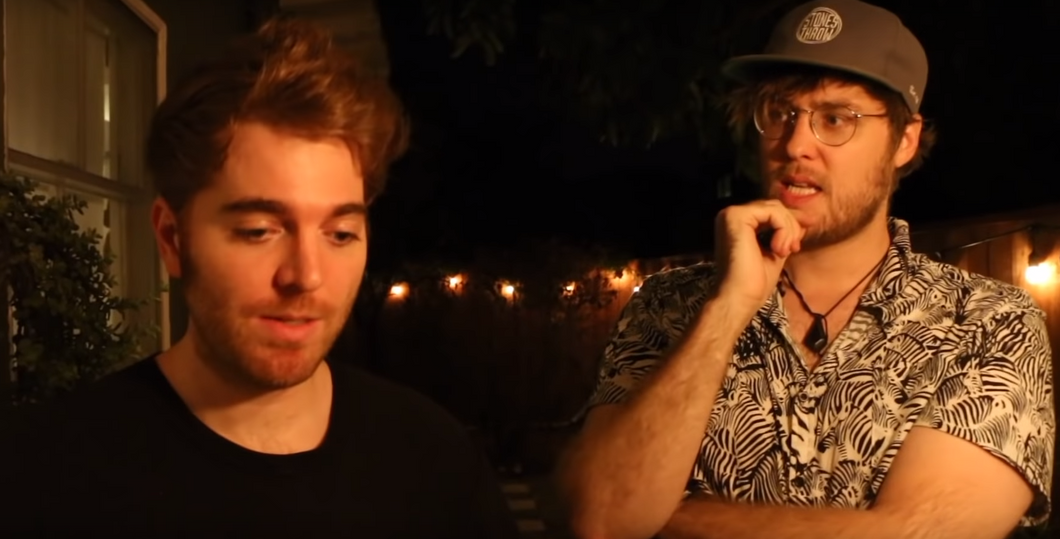It is a general sentiment that life is hard. It doesn't promise to be fair. This isn't news, but it is universal. But, unfortunately, pain is relative.
Mental health is becoming a more talked about topic, which is great, but that doesn't change the fact that it happens. Further discussion and strides to tackle and help treat mental illness are greatly important. I'm not trying to argue against that, but I am trying to explain that these strides happen simultaneously with people struggling with mental health.
I don't know where I stand personally with mental illness, but I know that I have experienced it recently in some capacity. There is no shame in that. I won't say that I'm glad I went through it, but I have gained an insight that I cannot help but appreciate.
I am trying to get to know myself, as I think everyone should, in that I can realize where my limits are and when I need to put me first. This is not an easy thing to do. At least, not in my experience. But, as I said, I'm still trying.
A reason why this is so hard is that we tend to think we are the only ones who do x, y, z. Yes, everyone is unique, but there are always was to connect back with each other. Surprisingly, I found mine with the youtuber Garrett Watts.
Now, this is not meant to be a call for everyone to go watch every one of his videos or follow him. He is an acquired taste that I'm not even sure I can fully palate. But, his recent video, My Friends Help Me Fix My Hoarder Life, was kind of eye-opening for me.
It isn't easy to admit when you have a problem, any kind of problem. But, for me, I think and hope that my vulnerability will show that you are not alone and that vulnerability itself isn't a bad thing. With that said, I know that I have tendencies to "hoard" stuff, it's something that I have known about myself and try to remain conscious of. As Watts mentions in his video, there is a sentimental mentality that causes this.
I am not struggling through the exact same issues as Watts, but I completely understand his seemingly random attachments, the strong desire to be around friends, while also fighting against the inability to actually provide the space for it, and the cycles of less-than-optimal self-care.
Without realizing how or when it is possible to fall into periods when you forget to take care of yourself. The expected reasoning behind this is being too busy or too stressed, and yeah, that can cause it in others, but that isn't Watts' explanation and it's not mine.
I like to think that I fall into these holes because I am focusing on this responsibility or that one. I tend to find excuses to tell myself. But, after watching Watts' video, I better understand that I self-sabotage because of my mental health.
I don't know if someone who classify this as denial or something else entirely, but I think I can get better through this realization. I now believe that periods and behaviors in your life don't have to have concrete reasons or reasons that make sense to the rest of the world for them to be valid.
This isn't a blanket argument to support any and all behavior. This is purely in the context of self-respect, self-care, and understanding your own relationship to mental illness and health.
Watts explains the positivity of cleaning and organizing his house and spaces, something I knew helped me even before the video. While doing this doesn't solve every issue, it does wonders for motivation.
When you feel like you have control of your space, and room to live and breathe, you feel like you have the capability to do so much more with your time and energy. It is a huge confidence and morale boost, little as it seems to some.
If you haven't watched the video, I encourage you to do so. You don't have to agree with Watts in any other regard if you don't want to. You don't have to like his style of videos or editing. But, he is another human that is sharing something so personal in the hopes that you too might relate and find encouragement in his experiences.
I thank him for doing so, as it has led me to do the same for you. It's scary being vulnerable, but it is not a weakness. I hope this brings you strength if you needed it, and a new perspective in mental health.








































